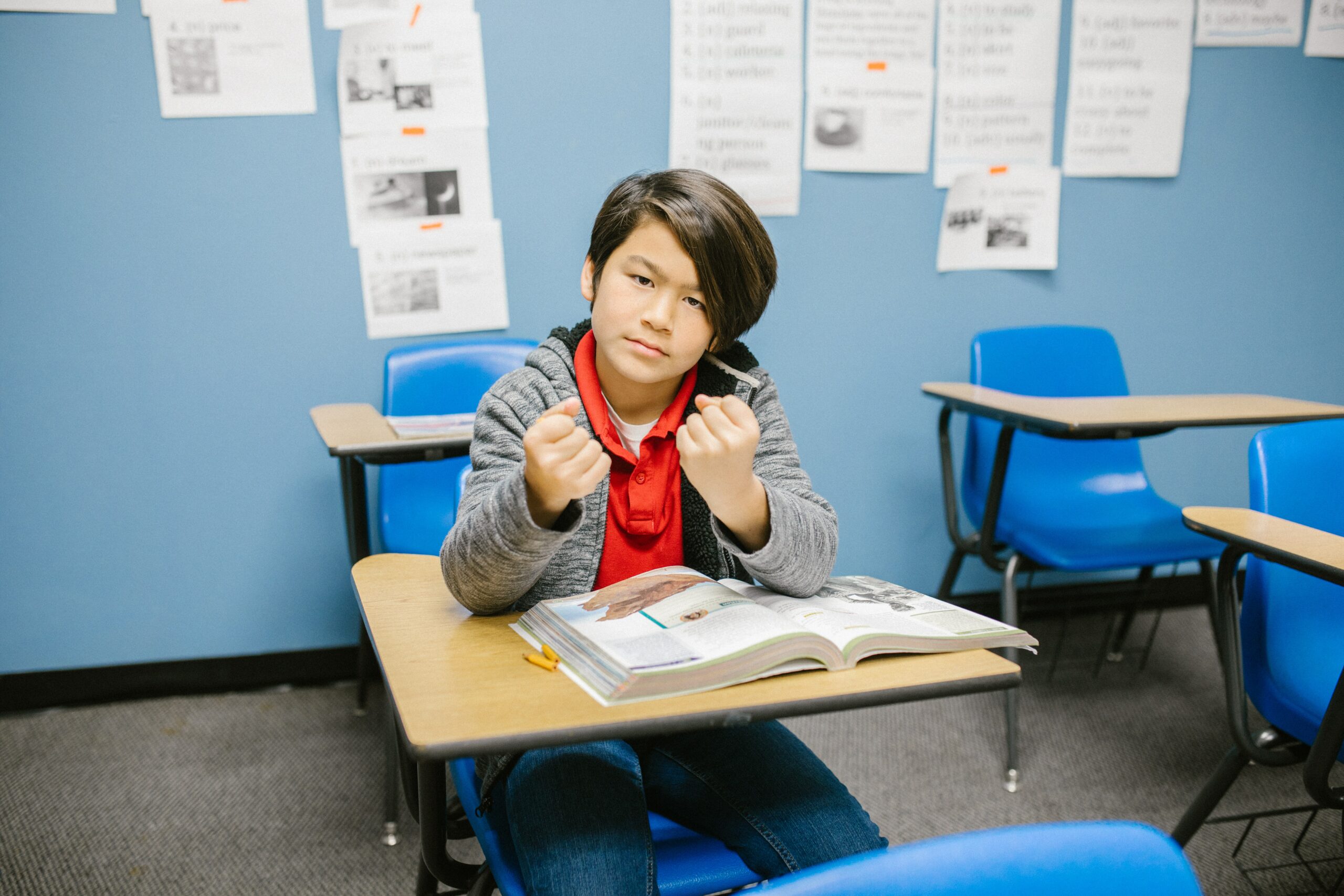Understanding Child and Adolescent Anxiety: When to Worry
Anxiety is on the rise among kids and teens, and as parents, it can be tough to know when to step in. While some anxiety is a normal and even healthy response to life’s challenges, excessive or impairing anxiety is a different story.
In the latest episode of Parenting Shrink Wrapped, I wear both my therapist and my coaching hats. Dr. Melissa Wellner, a child and adolescent psychiatrist, and I discuss the nuances of anxiety in children and teens. Here’s what you need to know:
When Is Anxiety a Cause for Concern?
Some anxiety is normal—it can even motivate kids to study harder or perform better. But when anxiety begins to disrupt daily life, it’s time to take notice.
Signs to watch for include:
- Difficulty sleeping due to excessive worry
- Changes in appetite
- Avoidance of school or other activities
- Behavioral outbursts or breakdowns over small stressors
- Seeking constant reassurance
- Stomach aches, headaches, or other aches and pains that don’t seem to have a physiological trigger
- Perfectionism
- Procrastination
If these behaviors sound familiar, your child may be experiencing levels of anxiety that could be clinical.
What Parents Can Do
There’s good news: parents can play a powerful role in reducing their child’s anxiety. As a licensed clinical counselor and parenting coach, I help parents address anxiety with strategies that build resilience and independence in their kids.
Here are a few tips:
- Model Calm Behavior: Kids look to you for cues. Stay calm and show them how to manage stress effectively.
- Encourage Bravery Missions: Help your child face their fears in small, manageable steps. They may not be able to conquer their fears out of the starting block, but you can help them APPROACH their fears in incremental ways.
- Avoid Over-Accommodation: While it’s tempting to shield your child from anxiety triggers, doing so can reinforce their fears. I often help parents find the sweet spot between giving your kids the nudges they need while also being a supportive presence.
- Seek Professional Help: If anxiety persists, consider therapy. It can help kids develop coping skills and shift their thinking patterns.
Why Anxiety Is Increasing
From the rise of social media to the constant pressure to succeed, today’s kids face unique stressors. Dr. Wellner and I also explore how external factors like these contribute to the growing prevalence of anxiety—and what parents can do to counteract them.
Tune In to Learn More
For a deeper dive into this critical topic, check out the full episode of Parenting Shrink Wrapped: Understanding Child and Adolescent Anxiety: When to Worry. We break down actionable strategies to help your family navigate anxiety with confidence.
If your child is struggling with anxiety, you don’t have to navigate it alone. Contact me to learn how my coaching can support you and your family.









 Why Parent Self-Care Matters More Than You Think
Why Parent Self-Care Matters More Than You Think
Leave a Reply